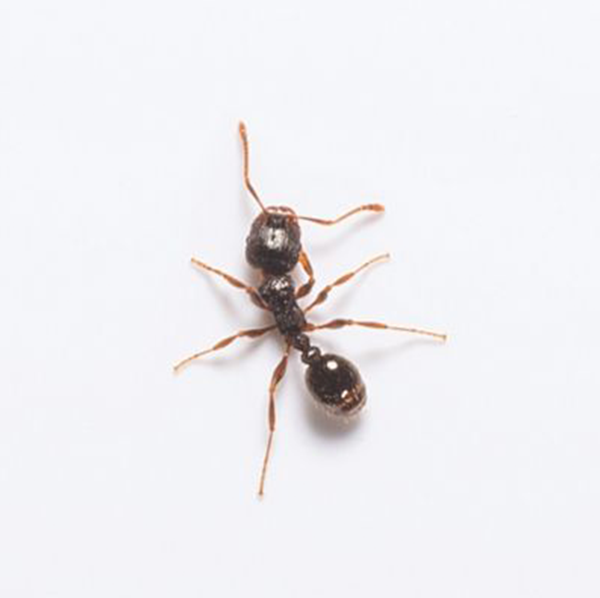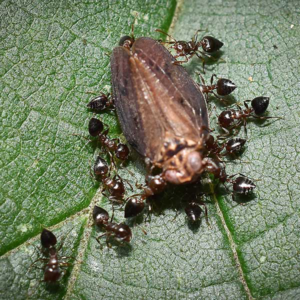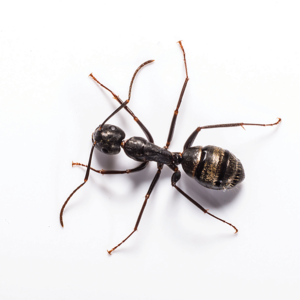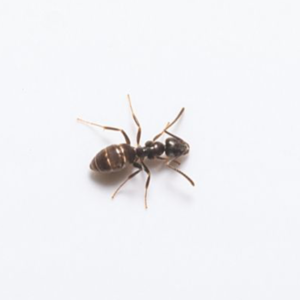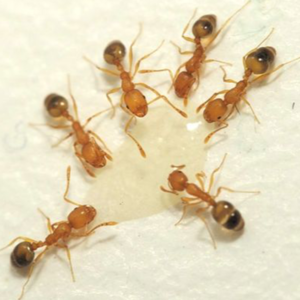Pavement Ants in North Jersey
As their name suggests, pavement ants are notorious for building nests right next to sidewalks or driveways. Though these ants typically stay outdoors, they may seek shelter in wall voids or basements in search of food and shelter. Mature colonies also frequently swarm in the springtime, though swarms can happen continuously for indoor infestations. With how closely pavement ants resemble termites, it can be alarming to encounter a swarm on or near your property. Thankfully, these ants don’t pose a threat to wooden structures, though they are still a nuisance that most home and business owners don’t want to deal with.
Pavement Ant Habitat
Pavement ants are known for moving in slow and deliberate trails toward their food sources, which mainly consist of dead insects or greasy foods like chips, meat, and sweets. These ants mainly travel and nest along sidewalks and other paved areas, so they are typically found in urban areas that lack thick vegetation. As they build their nests, these ants will create a mound of excess dirt in a small pile nearby. If you notice one of these mounds, there is likely an infestation close by.
Pavement Ant Behaviors, Threats, or Dangers
Pavement ants are not considered aggressive, but they are capable of biting and stinging. That said, they are considered a nuisance pest for their habit of creating unattractive piles of debris on sidewalks, driveways, and basement floors. Since colonies spread quickly and may contaminate food sources, pavement ants can be a real problem for local home and business owners in North Jersey. If nests aren’t treated early on, the ants will continue to spread and form new colonies.
Think you have pavement ants on your property? Consult a professional ant pest control technician at Eastern Pest Services! Our team of licensed professionals can help you identify and treat the root cause of your infestation in no time.

